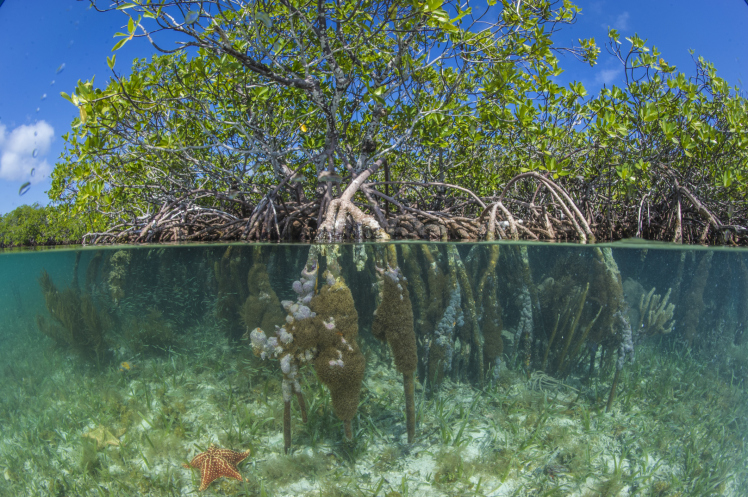Majority of people unable to identify deadly rip currents
A worrying new study has highlighted that up to 78% of beachgoers in Aotearoa New Zealand are unable to spot rip currents (rips) in the surf, increasing the risk that they may inadvertently end up caught in one. On average, five people fatally drown in rip currents on our beaches each year and a further…









